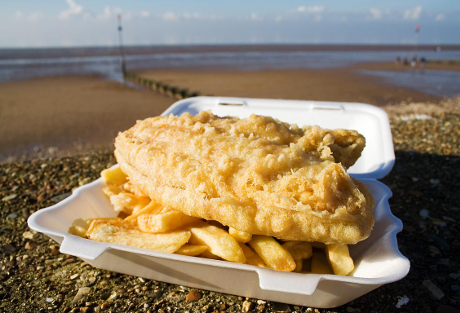Blog

It was a case close to many peoples’ hearts, but despite 48 year-old fish-and-chip-owner Barry Beavis taking his battle as far as it could go, the Supreme Court ruled that he would, indeed, have to pay his £85 parking fine.
The case Beavis vs. ParkingEye gained a huge amount of publicity earlier this year when, after refusing to pay his parking fine, Mr Beavis used crowd funding to raise the money to pursue legal proceedings against the private parking company.
Phenomenally, he raised over £8,500 in just 48 hours, greatly surpassing his target of £6,000 that he would need to pay the court fees.
Beavis was issued the fine in Chelmsford in 2013 by a private parking company, ParkingEye, after staying the car park 56 minutes longer than the maximum 2-hour stay. He described the fine as "unfair and disproportionate".
Lower courts, including the Court of Appeal, previously dismissed the case; the Supreme Court upheld the judgement of the lower courts, voting six to one in favour of ParkingEye.
Supreme Court president Lord Neuberger and Lord Sumption ruled that the fine was not “unfair”, as Beavis protested.
However, rather than being able to charge “whatever it liked”, the parking company "could not charge a sum which would be out of all proportion to its interest or that of the landowner for whom it is providing the service."
In this instance, the judges deemed that there was “no reason to suppose £85 is out of all proportion” to the interests of ParkingEye.
Furthermore, the judges said: “The risk of having to pay [the fine] was wholly under the motorist’s own control. All he needed was a watch…”
Following the ruling Beavis said: "It is a very dangerous ruling. I am disappointed the Supreme Court did not stick up for the consumer.”
“It has decided these charges are allowed because they are not excessive - so what is excessive?”
"There is now no legal recourse to go to European Court of Justice. I think the government needs to intervene and introduce a single code of practice."
Taking a positive attitude toward the legal proceedings, a spokeswoman for ParkingEye said that the judgement "provides much needed clarity to motorists and the parking industry as a whole and confirms our parking charges, which are approved by the British Parking Association, are fair and legally enforceable."
However, members of the bar noted that this judgement sets a precedent that will make it nigh impossible for a consumer to challenge a charge once the contract is broken. This may have far wider implications, potentially extending into areas such as phone contracts.
The lawyers representing Beavis agreed to work pro bono and reportedly have an agreement with the opposition that if Beavis lost, ParkingEye would not seek financial compensation from their client.
Academy tools to help you get a job
-

Free Watson Glaser Practice Test
Understand the test format, compare your performance with others, and boost your critical thinking skills.
